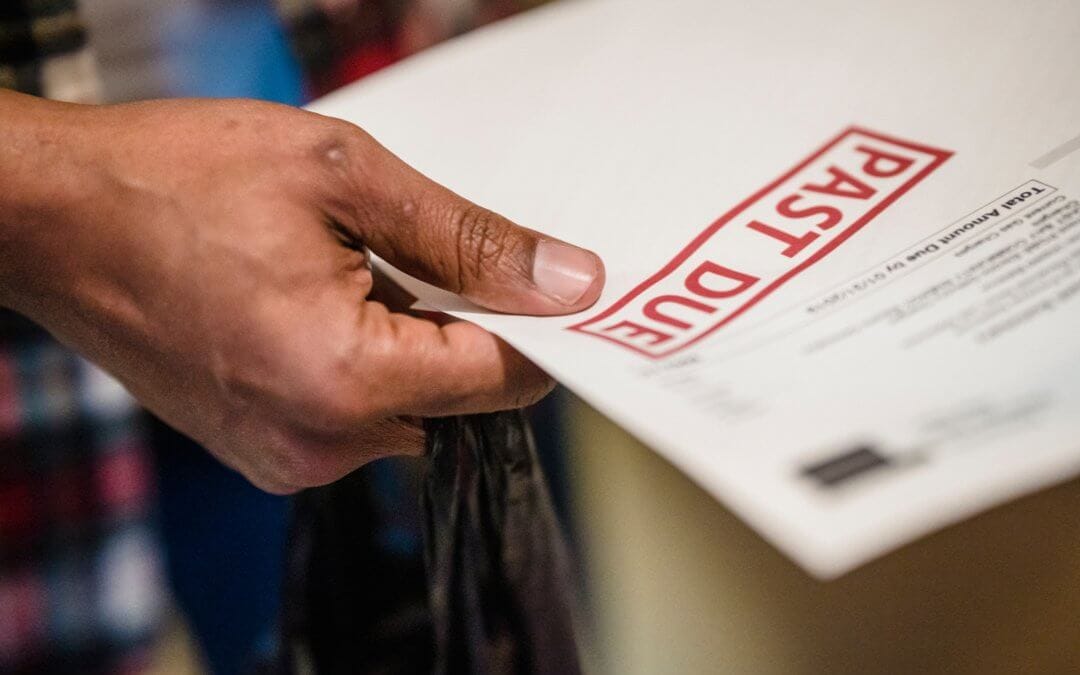What is an invoice?
Invoices are your official request for payment. As highlighted in the Late Payments Guide, an invoice isn’t just about listing the sums due—it’s a legal document that is crucial for both you and your client. A missing detail or a vague payment term can spark confusion and disputes, potentially delaying payments and affecting your business’s cashflow.
Key Elements of a Solid Invoice:
- Business and Customer Details: Always include your business name, address, and, if applicable, your company registration details. Equally, confirm your customer’s full contact information.
- Invoice Number: A unique identifier helps you track payments efficiently.
- Description of Services/Goods: Clearly outline what has been provided so that both parties are on the same page.
- Payment Terms: Specify terms such as “Payment due within 30 days,” ensuring the due date is prominent.
- Bank Details/Payment Methods: Provide clear instructions to make it easy for clients to pay.
Best Practices to Avoid Late Payments
Late payments can wreak havoc on your cash flow, making it challenging to meet your own financial obligations—from paying suppliers to keeping your business running smoothly. Here are a few practical steps to minimise the risk:
- Bespoke Terms and Conditions: Having bespoke terms tailored to your business provide clarity, certainty and confidence regarding all aspects of the supplier/client relationship. Non-payment of invoice can sometimes be because your customer is disputing it. Terms and conditions will support this problem that can arise within your business.
- Send Invoices Promptly: Always issue invoices as soon as a milestone is reached or work is completed.
- Automate Reminders: Consider using invoicing software that sends automatic payment reminders. Automation not only reduces the chance of human error but also keeps your business on the client’s radar.
- Include Interest Clauses: A clearly stated interest clause for overdue invoices (for instance, charging a rate above the Bank of England base rate) can serve as a deterrent to late payments.
- Use Direct Debit for Ongoing Services: If you provide regular services, getting your customers set up on direct debit can eliminate the need to chase payments every month.
By implementing these strategies, you create a professional image that not only encourages prompt payment but also builds trust with your clients.
Navigating the Legal Landscape
In the UK, you’re not without recourse if you have pending unpaid invoices. The law offers several measures to protect your business. Without an express agreement between you and your customer, UK law states that an invoice becomes late from 30 days after the latest of delivery, invoice or acceptance. If the payment date is specified, interest generally accrues from the day after the agreed payment date, and this is why it is important to always agree payment dates at the time of acceptance with your own terms and conditions.
Understanding Your Rights:
- Legal Recourse: With unpaid invoices for the supply of goods or services you have a statutory right to claim interest on overdue debts and compensation for late payment under the Late Payment of Commercial Debts (Interest) Act 1998. Compensation is recoverable depending on the level of the debt: for debts of less than £1,000, £40 is recoverable; for debts of £1,000 or more but less than £10,000, £70 will be recoverable; and for debts of more than £10,000, £100 is recoverable. It is also possible to recover reasonable debt recovery costs, which exceed these amounts.
- Document Everything: Retaining a paper trail of all communications, invoices, agreements and proof your terms and conditions are applicable is crucial. It not only supports your claim in case of non-payment but also ensures that any discrepancies on when payment is due can be quickly disputed.
- Professional Advice: Check your terms and conditions are working for you and not against you. If you keep suffering from late or non-payment issues then it may be a terms and conditions issue.
Having these legal tools in your arsenal means that you’re better prepared to take swift action against late or non-payments, protecting both your financial health and business reputation.
Conclusion
Invoicing is more than just an administrative task—it’s a strategic element that directly impacts your business’s cash flow and stability. By following best practices and understanding your legal rights, you can create a robust invoicing process that minimises errors, deters late payments, and positions your business for long-term success.
If you’re facing challenges with invoicing or need assistance with drafting enforceable payment terms, consider reaching out to BEB? who can help tailor solutions to your unique needs. Remember, getting your paperwork right isn’t just about compliance—it’s about safeguarding your business and ensuring smooth operations in every transaction.
Next Steps?
If you need any more help with a legal contract, contact BEB. We can write a bespoke business contract to suit your exact needs.
BEB are contract law specialists based in Northampton. We draft bespoke and well written business contracts on a fixed price basis. Our legal packages offer flexibility depending on the number of documents you require. Whether you require a business to consumer or business to business contract we are here to help!
We are contract drafting and contract review providers. We can advise and negotiate all contracts to protect you from unfair terms and conditions as well as support you with any ongoing contractual issues – we would be like your very own comprehensive in-house legal department. Learn more about our services here.
We also offer debt recovery services, relieving you from chasing late payments and improving your cash flow.
If you need any of these legal and contract services get in touch with us today on 01604 217365 or email us at info@bebconsultancy.co.uk
Free Resources
Small Business Owners Guide to Contracts
The Construction Review Checklist

